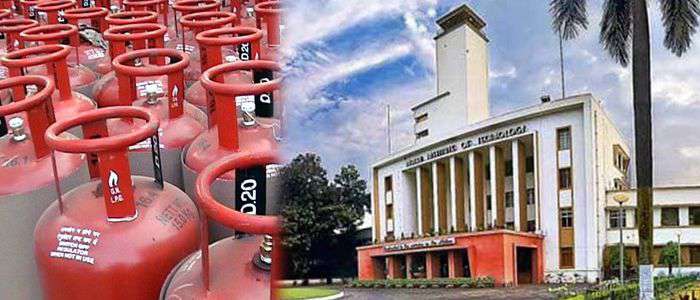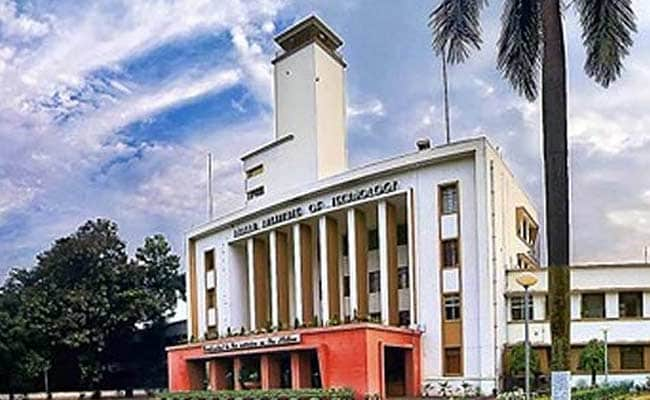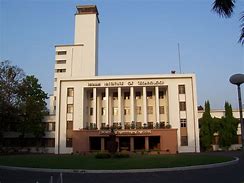Education
IIT Kharagpur’s research to boost LPG distribution

IIT Kharagpur researchers have devised a decision support system to help maximise the LPG connections in BPL (below poverty line) households, an official statement said.
It is a first of its kind for analysis of a national level energy policy, it said.
“A team of researchers, led by Manoj Kumar Tiwari of the Department of Industrial and Systems Engineering, has devised a decision support system focusing on the Pradhan Mantri Ujjwala Yojana for maximising the number of LPG connections, particularly in BPL households,” the statement said.
A decision support system (DSS) is a computer programme that helps in making sound rational decisions using mathematical programming and operation research techniques.

“The DSS for such policies can provide us the exact values of important parameters over the prescribed policy time period, which in turn will help us to take important measures to ascertain the proper functioning (monitoring) of the policy towards the desired goal,” Tiwari said.
PMUY, launched in May 2016, aimed to provide five crore LPG connections by 2019 to BPL families with the support of Rs 1,600 to each family. The government has recently revised the target to eight crore LPG connections by 2020.
The DSS devised at the IIT uses mixed integer linear programming to mathematically formulate the policy using input parameters, decision variables and their relationships.
The mathematical model has found the optimum number of total (BPL) connections required in a region, number of dealerships that need to be commissioned in a region over the policy time frame.
The IIT team has done sensitivity analysis with the mathematical model — change in a decision variable with respect to the change in parameter.

With this, they can predict not only how the number of household connections can be increased but also the critical region that contributes most in each zone of LPG distribution.
Certain areas though have been well covered, such as Maharashtra, Tamil Nadu, Bihar, Rajasthan and West Bengal.
The government needs to pay special attention to regions critical to LPG penetration, such as Assam in the Northeastern zone, in order to achieve 100 per cent BPL household penetration, the institute said.
This kind of DSS can be developed for various federal and state level policies for various commodities like solar panels distributions, agricultural commodities and so on.
Education
As many as six new nursing colleges to be functional in Haryana soon
Haryana Chief Secretary Sanjeev Kaushal shared that the construction work of six nursing colleges in the state will be completed soon and classes will commence in the month of July. Not only this, the new building of the National Institute of Fashion Technology, Panchkula has also completed its construction work.
Adding on to this, he shared that, till now, the classes are being held in another building, the chief secretary said while presiding over the review meeting of development projects worth more than Rs 100 crore here.
CHIEF SECRETARY REVIEWED MAJOR PROJECTS
The Chief Secretary reviewed several major projects, including power, health, medical, and technical education in the state, and directed the concerned officials to complete them within the stipulated time period.
COLLEGES UNDER CONSTRUCTION
He said that the construction of nursing colleges in Dherdu village of Kaithal, Khedi Ram Nagar village of Kurukshetra, Kheranwali village of Panchkula, Aura and Dayalpur village of Faridabad, and Sadatpur village of Rewari is under construction.
The construction work of Medical college in Koriawas in Narnaul, Medical College at Jind, Bhiwani, and Dental College at Nalhar is being completed at a fast pace. The work of the second phase of Kalpana Chawla Medical College is also undergoing.

















